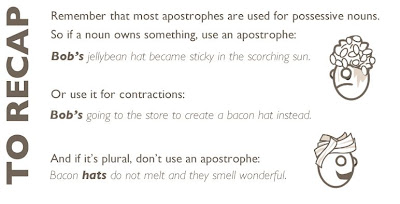 2009-2016 was a good run, archived & mostly navigable of http://eagledawg.net, my new home at that time
2009-2016 was a good run, archived & mostly navigable of http://eagledawg.net, my new home at that timeIf you're already subscribed via RSS nothing should change for your feedreader after I transfer it Tuesday morning to the new domain. I'm not 100% sure if that's the case for email though.
I look forward to continuing the journey with you there!
Reflection
My first post on March 22, 2008 was entitled A New Flight. This was after I had graduated from the University of North Texas with a Master of Science in Information Science, but I was still employed in payroll & human resources and not a Real Librarian yet.
Let's see some of what I had to say:
I still don't think of myself as a 'real' blogger because, for the time being, I don't have practical deep and profound brain things inside my head about the medical library profession since I'm not actually in it yet. I'm full of theory as any new graduate who is considered young by our profession's standards should be, but old enough to keep quiet and observe for now without expounding in public.
I didn't do a very good job about that keeping quiet part or expounding in public part for very long did I?
I'll likely continue to not do a good job at that and, quite honestly, I still don't think of myself as a 'real' blogger. I like investigating things and talking about them, and there's still so much to explore in the new year and decade ahead. Onward!


































